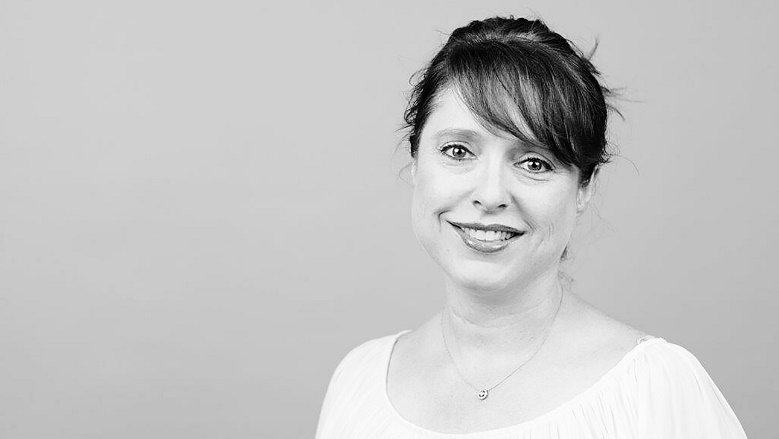How does this board role complement and leverage your core skills and career experience?
For much of my 30-year banking career my role has been to act as an advisor to clients across a range of sectors from balance sheet management, working capital optimisation, strategic planning and transformation. Some of my greatest experiences in corporate life have derived from consulting to senior customer stakeholders and working collaboratively to take their business forward and achieve corporate objectives.
I see my role on the Payble board as akin to this. My involvement in developing, launching and distributing payments-related products means I can contribute to the growth and success of Payble.
What excites you about the future of payments? What are the significant trends and opportunities you see?
I’ve been involved in the world of payments since 2010 and the progression of how we make and receive payments – for consumers and businesses – has been remarkable.
The financial services industry is in the midst of the largest transformation of our lifetime, further accelerated by the pandemic. Cheques have seen the largest decline in the past 30 years and payments are supporting the development of digital economies and driving faster innovation. Payments are becoming increasingly cashless and the consumer is looking for time saving tools, not just within Australia, but for any payment, in any country and in any currency. They also expect convenience, seamless interaction and immediacy. And I haven’t even started on digital currencies!
It’s hard to pinpoint just one, but API (application programming interface) technology presents a huge opportunity for our industry to materially change the way banks interact with customers. APIs allow for faster, more secure and lower cost transactions and will revolutionise the payment experience.
What makes Payble’s mission meaningful to you?
Payble’s mission is to end bill anxiety, or what we’re calling billxiety. For many, there’s that avoidable feeling of distress caused by a bad billing or payment experience. The Payble platform leverages Open Banking to identify customers who would benefit from flexible payment options (including those in arrears or at risk of missing a payment), and engages them with a flexible solution like instalment plans, payment extensions or COVID relief. Payble easily adds-on to existing billing systems, and the proactive approach not only reduces the distress felt by the consumer but also means the business or local government spends less time managing missed payments and will improve customer satisfaction while significantly reducing the admin and operational cost of collections.
Describe a few key things you hope to achieve or influence during your tenure.
Payble is in its start-up phase and that brings different challenges and goals to those of larger organisations. I think I can guide Payble in understanding the client proposition and create shareholder value.
Two key goals are:
- I would like to be part of changing the client experience; and
- I want to help redraw the definition of what a payment looks like. Today, it is about a value transaction, but it’s more than that. The value of what we do is how we differentiate what the message is and what information we are able to provide to support the integration to ERP (enterprise resource planning) systems.
What value does a diverse board bring to a business?
Diversity, in its fullest definition, and by that I mean social and professional diversity, will bring varying skill sets and professional experience, unique ways of thinking, different communication styles and broad walks of life. Bringing these unique styles together is in itself the value. Trains of thought that would ordinarily not be aligned champion an environment for not just great, but brilliant thinking.

